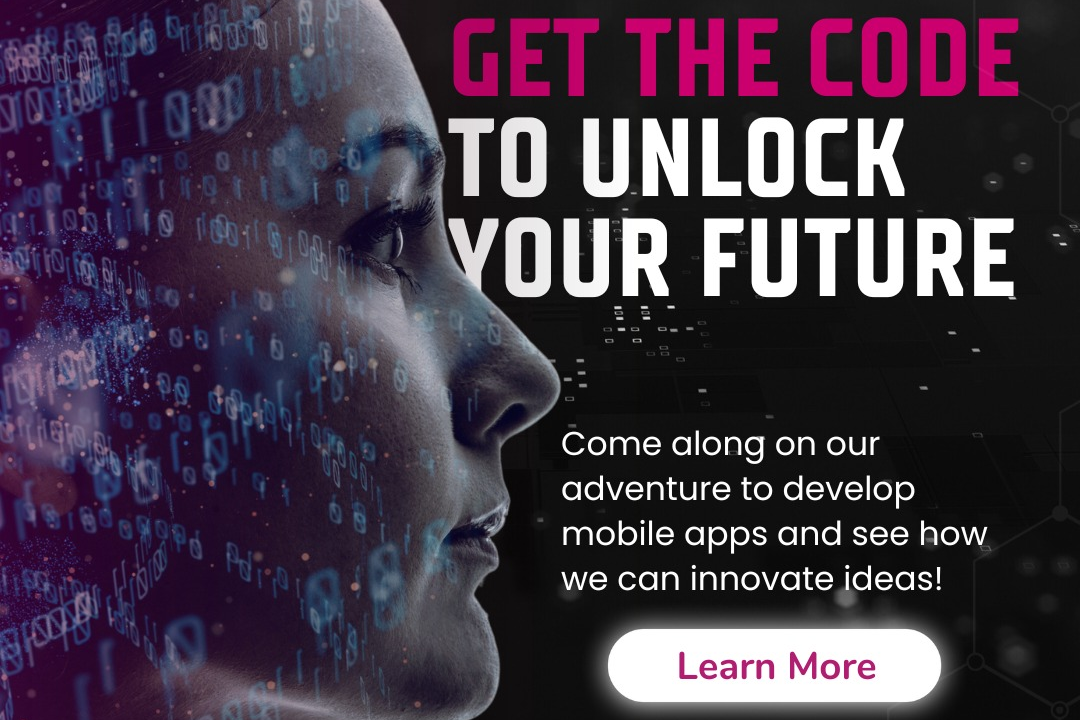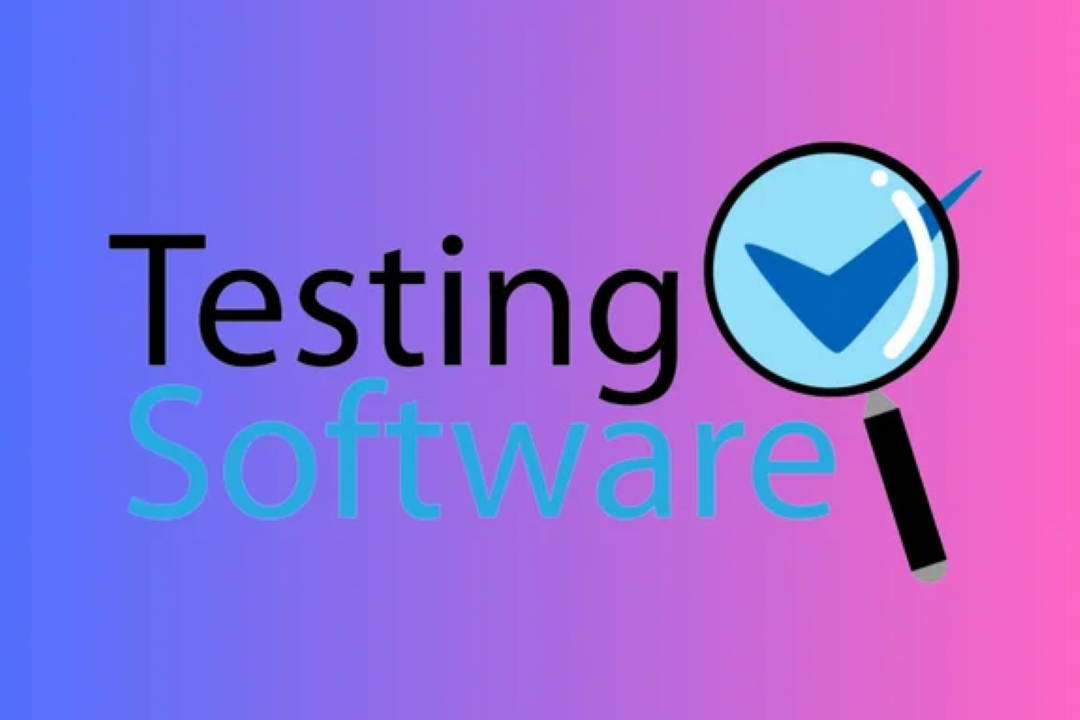Does Cloud Computing Require Coding
Is Coding Necessary for Cloud Computing?
Does Cloud Computing Require Coding
Cloud computing does not inherently require coding, as many cloud services are designed to be user-friendly and accessible to individuals without technical expertise. However, understanding coding can significantly enhance the effectiveness and customization of cloud solutions. For example, coding skills enable users to automate processes, develop applications, and integrate various services, thereby optimizing performance and efficiency. Additionally, as businesses increasingly rely on cloud platforms for their operations, having coding knowledge can provide a competitive edge, allowing for more innovative and tailored cloud-based solutions that meet specific organizational needs. Thus, while coding is not a prerequisite, it is a valuable skill that complements the use of cloud computing.
To Download Our Brochure: https://www.justacademy.co/download-brochure-for-free
Message us for more information: +91 9987184296
Cloud computing does not inherently require coding, as many cloud services are designed to be user friendly and accessible to individuals without technical expertise. However, understanding coding can significantly enhance the effectiveness and customization of cloud solutions. For example, coding skills enable users to automate processes, develop applications, and integrate various services, thereby optimizing performance and efficiency. Additionally, as businesses increasingly rely on cloud platforms for their operations, having coding knowledge can provide a competitive edge, allowing for more innovative and tailored cloud based solutions that meet specific organizational needs. Thus, while coding is not a prerequisite, it is a valuable skill that complements the use of cloud computing.
Course Overview
The “Does Cloud Computing Require Coding” course provides an insightful exploration of the relationship between cloud computing and coding. Participants will learn about the foundational concepts of cloud technology, various cloud services, and how basic programming skills can enhance cloud implementations. The course covers practical scenarios where coding can be beneficial, such as automation, application development, and service integration. By the end of the course, learners will understand the extent to which coding knowledge can amplify their cloud computing capabilities, empowering them to leverage cloud solutions effectively in real-world projects, regardless of their prior coding experience.
Course Description
The “Does Cloud Computing Require Coding” course offers an in-depth understanding of the principles of cloud computing and its interaction with programming skills. Participants will explore various cloud service models, including Infrastructure as a Service (IaaS), Platform as a Service (PaaS), and Software as a Service (SaaS), while examining the role of coding in enhancing cloud functionalities. The course emphasizes practical applications, demonstrating how basic coding can optimize automation, streamline deployments, and facilitate integrations within cloud environments. By the end of the course, learners will be equipped with the knowledge to determine the necessity of coding in their cloud projects and how it can be a valuable asset in their professional toolkit.
Key Features
1 - Comprehensive Tool Coverage: Provides hands-on training with a range of industry-standard testing tools, including Selenium, JIRA, LoadRunner, and TestRail.
2) Practical Exercises: Features real-world exercises and case studies to apply tools in various testing scenarios.
3) Interactive Learning: Includes interactive sessions with industry experts for personalized feedback and guidance.
4) Detailed Tutorials: Offers extensive tutorials and documentation on tool functionalities and best practices.
5) Advanced Techniques: Covers both fundamental and advanced techniques for using testing tools effectively.
6) Data Visualization: Integrates tools for visualizing test metrics and results, enhancing data interpretation and decision-making.
7) Tool Integration: Teaches how to integrate testing tools into the software development lifecycle for streamlined workflows.
8) Project-Based Learning: Focuses on project-based learning to build practical skills and create a portfolio of completed tasks.
9) Career Support: Provides resources and support for applying learned skills to real-world job scenarios, including resume building and interview preparation.
10) Up-to-Date Content: Ensures that course materials reflect the latest industry standards and tool updates.
Benefits of taking our course
Functional Tools
1 - Cloud Service Providers
Understanding various cloud service providers like Amazon Web Services (AWS), Microsoft Azure, and Google Cloud Platform is crucial. Each of these platforms offers a range of tools and services for deploying applications and managing resources. Students will explore how to navigate these platforms, utilize their dashboards, and deploy solutions without extensive coding knowledge. This exposure helps students grasp the functionalities available within these ecosystems.
2) Infrastructure as Code (IaC) Tools
Tools like Terraform and AWS CloudFormation will be examined to demonstrate how infrastructure can be provisioned and managed using declarative code. These tools allow users to set up cloud resources through configuration files instead of extensive coding, making them accessible for those without a programming background. Students will learn how IaC simplifies the deployment process and ensures consistency across environments.
3) Low Code Development Platforms
The course will introduce low code/no code platforms, such as OutSystems or Mendix, which allow users to build applications with minimal coding. These platforms provide drag and drop interfaces and pre built templates that enable students to create functional applications rapidly. Understanding how these platforms work empowers students to develop solutions efficiently without deep coding skills.
4) APIs and Cloud Functions
Students will learn about Application Programming Interfaces (APIs) and serverless computing tools like AWS Lambda or Google Cloud Functions. APIs play a vital role in enabling different software systems to communicate, and cloud functions allow users to run code without managing server infrastructure. The course will cover how to integrate APIs into workflows to enhance functionality, focusing on real time implementations to solve business problems.
5) Data Management and Analytics Tools
Familiarity with data management and analytics tools like AWS Glue, Azure Data Factory, and Google BigQuery is essential for students. These tools facilitate data processing, transformation, and analysis without requiring extensive coding. Participants will learn how to manipulate and analyze data to derive actionable insights, believing that coding can often be bypassed through intuitive interfaces and built in functionalities.
6) Monitoring and Management Tools
The course will also address tools for monitoring and managing cloud resources, such as AWS CloudWatch, Azure Monitor, and Google Cloud Operations Suite. These tools allow users to track performance metrics, set alerts for anomalies, and manage resources effectively. Students will learn how to leverage these tools to ensure their cloud applications run smoothly, minimizing downtime and maximizing efficiency without heavy reliance on coding.
7) Containerization and Orchestration
Students will explore containerization tools such as Docker, which allow applications to run in isolated environments. The course will also cover orchestration tools like Kubernetes that help manage these containers at scale. By utilizing these technologies, students can deploy applications consistently across different environments without needing extensive coding, ensuring smooth and efficient software lifecycle management.
8) DevOps Practices
DevOps emphasizes collaboration between development and IT operations, with tools and practices that automate and streamline the software development lifecycle. Students will learn how to implement CI/CD (Continuous Integration/Continuous Deployment) pipelines using tools like Jenkins, GitHub Actions, or Azure DevOps, enabling them to push code changes more efficiently. Understanding these processes empowers students to contribute to teams without deep programming knowledge.
9) Chatbots and Virtual Assistants
The course will introduce students to frameworks for building chatbots and virtual assistants, such as Microsoft Bot Framework or Google Dialogflow. These tools allow users to create intelligent assistants that can handle tasks through conversations, often with minimal coding required. Learning how to design and deploy these AI driven services equips students with skills relevant to enhancing user engagement on platforms without a background in traditional programming.
10) Business Intelligence Tools
Students will gain insights into using business intelligence platforms like Tableau, Power BI, or Google Data Studio. These tools facilitate data visualization and reporting, allowing users to create dynamic dashboards and analyze data without significant coding. By learning to use these platforms, students can present data effectively, fostering data driven decision making skills vital in today’s business environment.
11 - Website Builders and CMS Frameworks
Familiarity with website builder platforms such as WordPress, Wix, or Squarespace will enable students to create websites with customizable templates and features, reducing the need for coding knowledge. Understanding how to utilize these platforms provides students with practical skills needed for digital marketing and online presence management, making website creation accessible for everyone.
12) No Code Automation Tools
The course will cover no code automation platforms like Zapier and Integromat (Make), which allow users to integrate different applications and automate workflows. By learning to use these tools, students can streamline repetitive tasks and optimize business processes, gaining experience in operational efficiency without requiring programming skills.
13) Security Best Practices in Cloud Services
Understanding the importance of security in cloud computing is critical. Students will learn about best practices for securing cloud infrastructure and applications, including identity and access management (IAM), encryption, and compliance. This knowledge empowers students to thrive in environments where security is paramount, ahead of coding complexities.
14) Project Management Tools
Students will also examine project management tools like Asana, Trello, or Jira. These platforms help teams organize tasks, track progress, and collaborate effectively. By incorporating project management software into their workflows, students can manage projects more efficiently without extensive coding skills, reinforcing teamwork and time management in real time projects.
15) Understanding User Experience (UX) Design Principles
The course will introduce foundational UX design principles, helping students understand how to design user friendly applications and interfaces. Learning to prioritize usability and accessibility will enable them to build better applications regardless of their coding background, ensuring they create solutions that effectively meet end user needs.
Browse our course links : https://www.justacademy.co/all-courses
To Join our FREE DEMO Session: Click Here
This information is sourced from JustAcademy
Contact Info:
Roshan Chaturvedi
Message us on Whatsapp: +91 9987184296
Email id: info@justacademy.co












